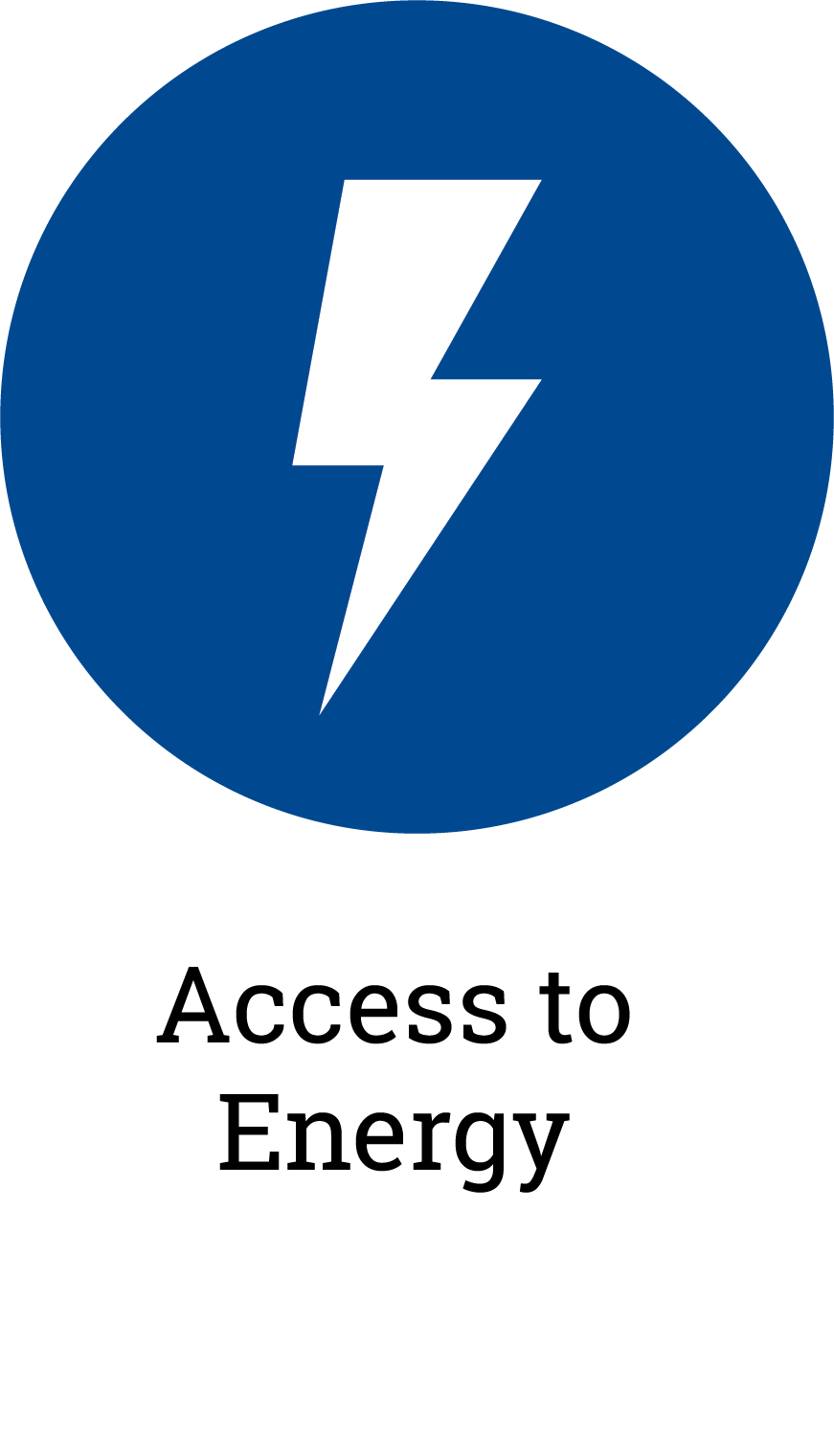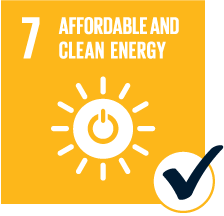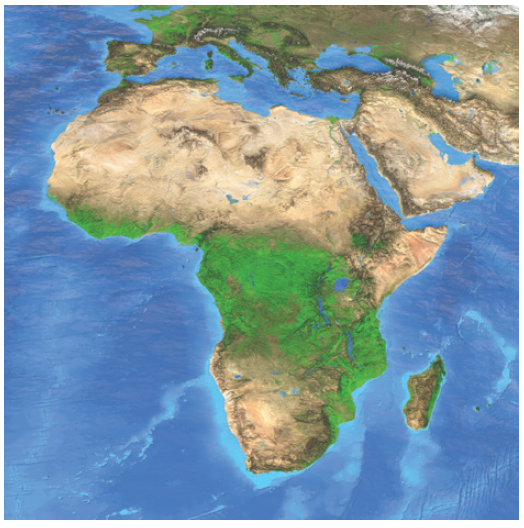Borrower Overview
TriLinc has provided financing to an LNG infrastructure developer distributor that builds, operates, and transfers liquefied natural gas (“LNG”) distribution pipelines in Ghana. This pipeline will supply LNG from distribution terminals to industries located in the southern part of Ghana with large energy needs. The transition to LNG, which is commonly referred to as the “bridge” fuel that serves as the intermediary between fossil fuel and renewable energy, is expected to save Ghana $300 million a year in fuel costs. TriLinc’s financing will ultimately support the creation of a more reliable, cleaner fuel supply for industries in Ghana, the decline of energy costs as a result of Ghana’s transition to using LNG for power generation, and the reduction of infrastructure strain as the pipeline will lessen road congestion, improve the longevity of roads, and minimize community safety risks. Pipeline construction is projected to employ roughly 50 workers during the construction phase as both skilled and unskilled labor, and is expected to generate additional indirect local employment opportunities during both construction and operational phases through various service, supply, and support industries, mainly in hospitality. The selected pipeline route, which adheres to Ghanaian Environmental Protection Agency (“EPA”) permitting, considered the environmental, social, and technical feasibility of available options and was created through consultations with technical experts, as well as stakeholders at various levels, to find the best balance between community, environmental, and technical criteria.
 |
 |
 |
Market Overview

Ghana is classified as a lower-middle income country by the World Bank.1 Between 2010 and 2016, GDP growth rates averaged approximately 7.1%.1 Ghana’s main exports are concentrated in oil, gold, cocoa, timber, tuna, bauxite, aluminum, manganese ore, diamonds, and horticulture products.2 This positions the country as the second largest cocoa producer internationally and the second largest gold producer in Africa.3 Conversely, the country’s main imports are focused in capital equipment, refined petroleum, and foodstuffs.2
Ghana meets TriLinc’s standards for its performance across relevant growth, stability, and access metrics.4 In 2017, it ranked 9th across the Sub-Saharan African region on the World Bank’s Ease of Doing Business index.5 Access to financing and corruption are seen as the most pressing hurdles currently facing the country’s productivity and competitiveness.6 As the 8th largest economy in Sub-Saharan Africa7 with a GDP of $42.7 billion, the country’s well developed financial sector, goods market, and highly efficient legal regimes led the country to benefit from the estimated $44.4 billion in foreign direct investment that flowed into the region in 2015.7 Robust domestic demand across Sub-Saharan Africa has helped spur regional GDP growth to 1.3% in 2016, and is projected to strengthen to 3.5% by 2019.8
Additional Sustainability & Impact Highlights
- A third-party consultant hired to monitor the completion of this project will ensure adherence to World Bank Guidelines, successful implementation of a community sensitization/grievance plan, and quarterly on-site ESG monitoring and corrective action plan execution.
- Once power generation capacity is increased, ~30MW of excess power will be offloaded to other industries through the national grid. This amount of energy is equivalent to ~1% of Ghana’s national energy capacity or ~7.5% of its unmet energy demand. To put this into perspective, 1MW electrifies roughly 1,000 homes.
- In an effort to renew livelihoods for the smallholder farmers in the project area, the company is in the process of speaking with larger scale farmers and separate private entities to design, implement, and manage a farming co-op for the production of citrus fruit, which is safe to grow close to the pipeline and will provide the farmers with a new, diversified source of income.
- LNG is considered a cleaner option to other fossil fuel resources, as it releases up to 50% less CO2 than coal and 20-30% less than oil. Additionally, compared to other types of fuel, there are negligible sulfur dioxide (SO2), Nitrogen Oxide (NOx), mercury (Hg), and particulate emissions.
1The World Bank, World Development Indicators Database, Ghana, 2017. 2CIA, The World Factbook, 2017: Ghana. 3The Observatory of Economic Complexity, 2016. 4There is no assurance that our investment in this company or this market will be successful. 5World Bank’s Ease of Doing Business 2017: Ghana. 6World Economic Forum, The Global Competitiveness Report, 2017. 7The World Bank, World Development Indicators Database, Sub-Saharan Africa, 2017. 8World Bank, Global Economic Prospects, 2017.
The above information is as of the initial date of investment: June 13, 2018.
RISK FACTORS
There is no guarantee that TriLinc’s investment strategy will be successful. Investment in a non-listed LLC involves significant risks including but not limited to: ownership is restricted; no secondary market; limitation on liquidity, transfer and redemption of ownership interest; distributions made may not come from income and, if so, will reduce the returns, are not guaranteed and are subject to management discretion. TriLinc selects investments and conducts operations on behalf of its clients, and will face conflicts of interest. Investment with TriLinc is not suitable for all investors. Securities Offered through CommonGood Securities, LLC, a member of FINRA and SIPC.
An investment with TriLinc carries significant fees and charges that will have an impact on investment returns. Information regarding the terms of the investment is available by contacting TriLinc. This is a speculative security and, as such, involves a high degree of risk. Investments are not bank guaranteed, not FDIC insured and may lose value or total value. Some investments may have been made in an investment vehicle that is no longer open for investment. The highlighted investment may or may not have been profitable. There is no guarantee that future investments will be similar.
Want to learn more? Contact Us.
